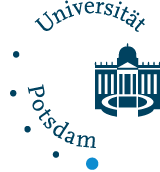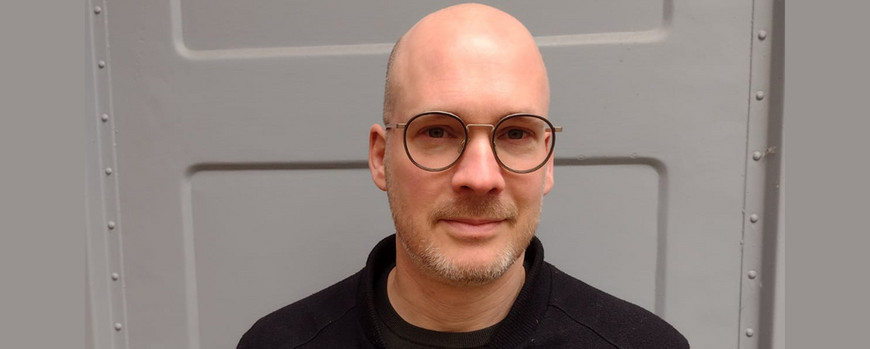Originally posted 2025 January 13
Sven Stripp is a physical chemist and investigates the reaction mechanism of enzymes that convert gases such as hydrogen, nitrogen or carbon dioxide. Since December 2024, he has been setting up a new working group on “Infrared difference spectroscopy of gas-processing metal enzymes” at the University of Potsdam. The junior research group, which is funded by the Heisenberg Program of the German Research Foundation (DFG), is based at the Institute of Chemistry.
“My research aims to finally clarify the reaction mechanism of the so-called [FeFe]-hydrogenase,” says Sven Stripp. Hydrogenases are enzymes that produce, bind, and convert hydrogen. [FeFe] hydrogenases are among the metalloenzymes that play a key role in microbial energy metabolism in numerous organisms. “We use infrared spectroscopy and electrochemistry to observe the metalloenzymes at work,” he explains. The aim is to gain a better understanding of the enzymes and produce similarly active, synthetic catalysts.
“Our findings can be used, for example, to produce green hydrogen or to bind nitrogen from the air in order to make barren soils fertile,” says Stripp. He is also working on enzymes that make it possible to cleanse the atmosphere of excess carbon dioxide from the combustion of fossil fuels. “As I grew up in the Ruhr area, the latter is a particular concern of mine,” jokes Stripp. In addition to the University of Potsdam, there are close collaborations with the universities in Berlin, Bochum, and Marburg.
Sven Stripp received his doctorate in plant biochemistry (Thomas Happe) from Ruhr University Bochum in 2010 and then worked as a postdoc (Joachim Heberle) and research group leader at Freie Universität Berlin, where he habilitated in physical chemistry. Until 2024, he was visiting professor of biophysical chemistry at the Technical University Berlin.
Contact:
Dr. Sven Timo Stripp
Spektroskopie & Biokatalyse
Institute of Chemistry, University of Potsdam
E-Mail: sven.stripp@uni-potsdam.de
Tel.: +49 331 977-5236

